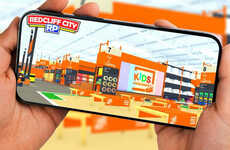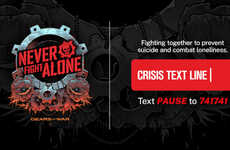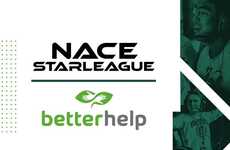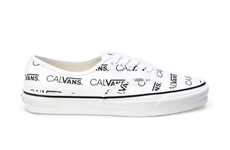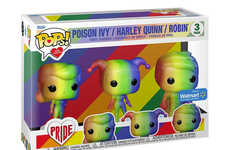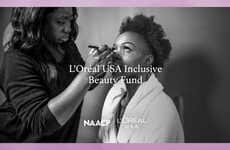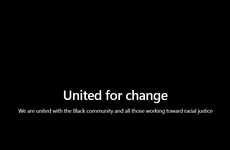



Brands adopt a more intersectional approach to diversity and inclusion
Trend - In recent years, brands have adapted to demands for inclusion by incorporating it into their core values. Inclusion is taken even further by brands that are adopting intersectionality into campaigns or business models--offering a more nuanced and thoughtful approach to DEI.
Insight - Calls for inclusion and equity within a wide range of North American industries have been heavily influenced by Gen Z and Millennials' social impact. These generations are informed consumers, socially conscious, and generally hold progressive values--resulting in them being more discerning shoppers. As consumers, they're more likely to trust brands that demonstrate an understanding and appreciation for their experiences, needs, and personal values.
Insight - Calls for inclusion and equity within a wide range of North American industries have been heavily influenced by Gen Z and Millennials' social impact. These generations are informed consumers, socially conscious, and generally hold progressive values--resulting in them being more discerning shoppers. As consumers, they're more likely to trust brands that demonstrate an understanding and appreciation for their experiences, needs, and personal values.
Workshop Question - How could your brand incorporate intersectionality in its efforts toward inclusion?
Trend Themes
1. Intersectional Campaigns - Brands are adopting intersectionality into campaigns or business models, catering to more nuanced and thoughtful approach to DEI.
2. Mental Health Resource Hubs - Mental health hubs, especially for communities with unique needs, like Black women and the LGBTQ+ community, are being created by public figures in the entertainment industry.
3. Inclusive Educational Apps - Education technology companies are developing products promoting inclusivity and diversity with customized content to cater to children of all educational backgrounds.
Industry Implications
1. Fashion and Design - Adaptive fashion and innovative lingerie are becoming more prevalent as brands explore inclusive options for those living with chronic illness or a disability.
2. Entertainment and Media - Public figures in the entertainment industry are building mental health resource hubs, highlighting a wider need for a focus on mental health.
3. Education and Technology - The education technology industry is developing more inclusive products to cater to children of all educational backgrounds by providing customized content.
7 Featured, 62 Examples:
79,186 Total Clicks
Date Range:
Oct 20 — Jul 23
Trending:
Average
Consumer Insight Topics:







